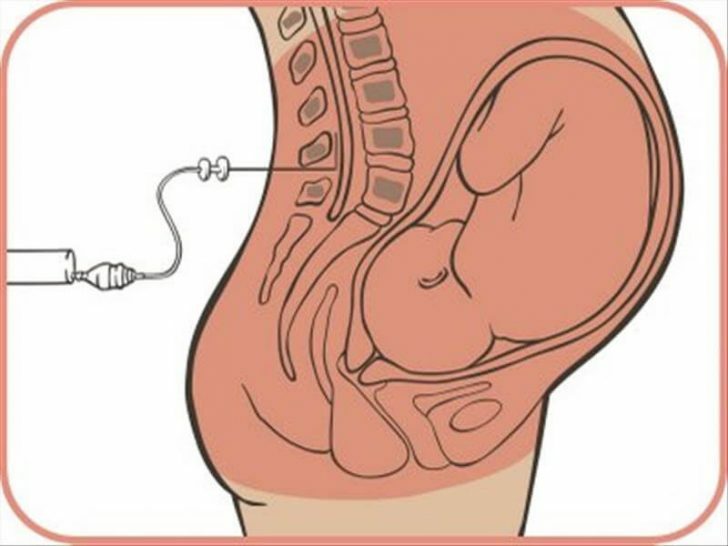Loss of appetite in children as a symptom: possible causes of poor appetite
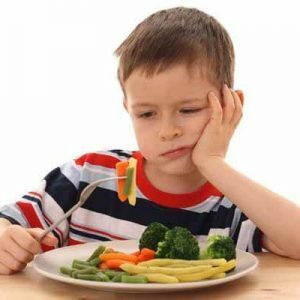
Appetite is the emotional manifestation of the body's physiological need for nutrients and the desire to consume certain foods.Decrease and loss of appetite manifests itself as a complete or partial refusal of food.
Do not confuse hunger and appetite.From a medical point of view, these are different, although interconnected, concepts.The feeling of hunger is a reflex that manifests itself when excitation of special centers of the brain against the background of the lack or insufficient intake of nutrients into the body.
The main signs of hunger are pulling unpleasant sensations in the hyoid area and in the projection of the stomach( "under the spoon"), as well as an increase in the secretory activity of salivary glands( profuse salivation).Appetite is a selective manifestation of hunger, depending on individual preferences, emotional state and a number of other factors.
Table of contents: Causes of loss of appetite Reduction or loss of appetite in children What should I do if I lose my appetite in children?Causes of loss of appetite
It is common to distinguish between the following types of appetite changes:
- complete loss of appetite( anorexia);
- partial reduction;
- change in taste preferences.
Among the causes of loss of appetite in children are:
-
 intoxication of the body( against poisoning and somatic diseases of inflammatory genesis);
intoxication of the body( against poisoning and somatic diseases of inflammatory genesis); - diseases of the digestive tract in the phase of exacerbation;
- metabolic disorders;
- pathology of endocrine glands( hypothyroidism of the hypothalamus, thyroid and pituitary gland);
- neuropsychiatric disorders;
- individual and age features.
Loss of appetite in a child is often one of the symptoms of so-called."Seasonal" diseases - SARS and influenza.In an acute period, one should not feed the patient "through strength", since in this situation, incomplete digestion of food is possible.A child's refusal to eat can be the first clinical manifestation of poisoning by substandard products or medicines.It is not excluded food toxic infections( salmonella, botulism, etc.), which require hospitalization in the infectious disease department of the hospital.
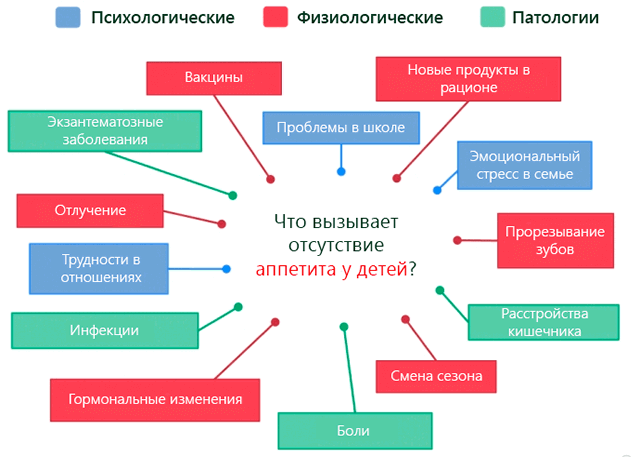
Loss of appetite often indicates the presence of serious autoimmune diseases and pathologies of the liver and hepatobiliary system.If loss of appetite is accompanied by dyspeptic disorders( belching, nausea, heartburn), there is reason to suspect the development or exacerbation of diseases of the organs of the gastrointestinal tract.In such cases, you need to seek help from a gastroenterologist who will prescribe the necessary tests and make a treatment plan.
When in addition to loss of appetite the child has increased fatigue, drowsiness and lowering of blood pressure, there is reason to suspect endocrine diseases - in particular, hypothyroidism( a decrease in the functional activity of the thyroid gland).In such cases, consultation of the endocrinologist, ultrasound scanning of the thyroid gland and carrying out analyzes to the level of hormones are required.To identify pathological processes in the pituitary gland and( or) the hypothalamus helps computed tomography.
Metabolic disorders often develop against a background of growth of malignant tumors.Already in the early stages of the patient taste changes change, and loss of appetite is noted.Especially should guard the rejection of meat.If there are certain signs of a tumor, the patient is referred for examination to an oncologist.
With neuropsychiatric disorders, a decrease or total loss of appetite( anorexia) is one of the leading clinical signs.The process of eating does not give the patient pleasure, the products seem tasteless, and fast saturation appears.Even small portions of food cause unpleasant sensations of heaviness and overfilling of the stomach, as well as nausea.In such cases, consultation and treatment with a therapist or neurologist is required.
 Note: is the most commonly anorexia nervosa diagnosed in young girls with an unreasonable desire to lose weight.With this pathology, aversion to food is gradually formed.Often against the background of anorexia develops severe exhaustion, in severe cases, accompanied by irreversible changes in the body.With a complete loss of appetite, you may need long-term treatment in a hospital.
Note: is the most commonly anorexia nervosa diagnosed in young girls with an unreasonable desire to lose weight.With this pathology, aversion to food is gradually formed.Often against the background of anorexia develops severe exhaustion, in severe cases, accompanied by irreversible changes in the body.With a complete loss of appetite, you may need long-term treatment in a hospital.
Loss of appetite( more often - more or less pronounced decrease) may well be a variant of the norm, that is, it is by no means always a sign of somatic diseases or nervous disorders.In children, the need for food changes at different stages of development.It is determined by the intensity of growth, energy costs and hormonal background.
Important: conducted studies of eating behavior in children showed that every fifth child in 4-5 years is distinguished by fastidious eating habits.For some of them, this feature persists up to 9-10 years.
Reduced or loss of appetite in children
In children under 3 years, loss of appetite is often associated with teething, which is accompanied by severe local discomfort and deterioration in overall well-being.
The child, as a rule, refuses to eat, if he develops an infectious infection of the oral mucosa( stomatitis).Inflammation and the formation of numerous sores make the process of eating a painful.
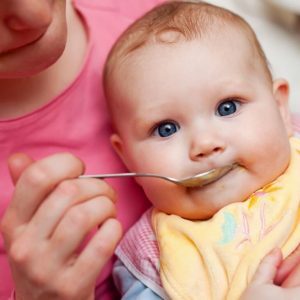 Often the reason for the decrease or loss of appetite is compulsory feeding "by the hour".Eating "through strength," when at low energy costs hunger has not yet appeared, can even lead to the formation of a negative attitude towards these or other products.You can not force the child to eat encouragement or threats - the appetite should develop independently.
Often the reason for the decrease or loss of appetite is compulsory feeding "by the hour".Eating "through strength," when at low energy costs hunger has not yet appeared, can even lead to the formation of a negative attitude towards these or other products.You can not force the child to eat encouragement or threats - the appetite should develop independently.
Note: taste preferences in children sometimes change literally daily.The food he eats with pleasure today, tomorrow, can cause disgust for the baby.
Loss of appetite is possible if the toddler is not accustomed to feeding in accordance with a certain regimen.
Failure to eat is a frequent occurrence in snacks between basic meals.Perhaps all parents know that sweet and flour( "fast" carbohydrates) worsen appetite.It should not be surprising if a baby, having eaten a bun or a chocolate shortly before dinner, refuses soup.
Nervous overexcitation or excessive fatigue can also affect appetite.
What should I do if I lose my appetite in children?
When a child regularly refuses food or eats with apparent reluctance, first of all it is important to exclude the presence of nervous or somatic pathologies.In their absence, an important attention is paid to the formation of the regime of the day and nutrition, the concern that the food is full and varied.
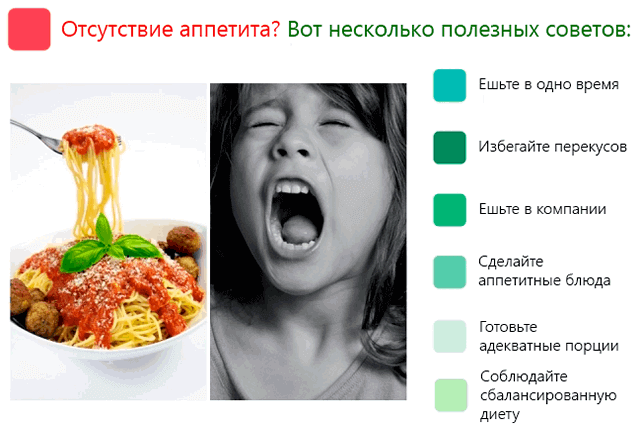
How can parents help?
When a child restricts his diet in the absence of serious illnesses, one does not need to worry that he will go hungry.
Average age requirements of a growing organism in kilocalories:
- 3-5 years - 1500;
- 5-8 years - 1800;
- 8-12 years - 2000;
- 12-16 years - 2400.
Important: an excessive amount of calories can cause a set of excess kilograms and obesity, which is increasingly diagnosed in children at the present time.
Some parents believe that a well-fed child with a weight slightly higher than the average age indices, needs more calories than his skinny peers.This is fundamentally wrong.It is thinness that is evidence that all the calories burned with food are burned.In complete children, prone to calm games, the need for food can be noticeably less.Often one can observe how a round-cheeked kid begins to "stretch" by the age of 9-10 and there is no trace of completeness.
Appetite, as a rule, increases significantly during the period of active growth and puberty.In parallel with the change in the hormonal background, there is a restructuring of all types of metabolism.The adequacy of nutrition is determined not by the volume of food consumed, but by the rates of growth and development of the child and the degree of fatness.
Note: at different periods of life, children do not grow quite evenly, and the need for calories varies accordingly.From birth to 3-4 years, the period of "first fullness" continues, and then the overwhelming majority starts a "half-growth jump", and in the first class, children tend to be slim and slender.
To improve appetite, a child needs to offer a variety of foods, avoiding so-called."Food conservatism."
 It is necessary to regulate the energy consumption of children as far as possible.To improve the appetite, the child needs regular walks in the fresh air, active games and physical education and sports.If he spends most of his time at the computer or in front of the television, it should not be surprising that he has a reduced need for food.
It is necessary to regulate the energy consumption of children as far as possible.To improve the appetite, the child needs regular walks in the fresh air, active games and physical education and sports.If he spends most of his time at the computer or in front of the television, it should not be surprising that he has a reduced need for food.
A good example of a child's loss of appetite is a good example.It is recommended to have dinner and dinner with the whole family.It is important that parents enjoy eating the same dishes that children offer.
The baby should take food in a quiet environment, without being distracted by external stimuli.You can not let him eat in front of the TV.
If the child is hungry between meals, offer him nuts or dried fruits.These products will not overpower the appetite, but will help cope with the feeling of hunger.
Feeding time should be limited to 20-30 minutes, and if you refuse from one or another food - 15 minutes.
Poor appetite: to which doctor should I apply?
With a persistent decrease or loss of appetite, it is necessary to show the baby to the pediatrician.It may be necessary to consult a narrow specialist.
If the toddler looks painful, tired or simply not energetic enough, a test may be required from:
- a nutritionist;
- endocrinologist;
- psychologist;
- neurologist;
- of a gastroenterologist.
It is possible that normalization of appetite requires treatment of the underlying disease.A good reason to call a doctor is a delay in the growth and development of the child, as well as his poor overall health.
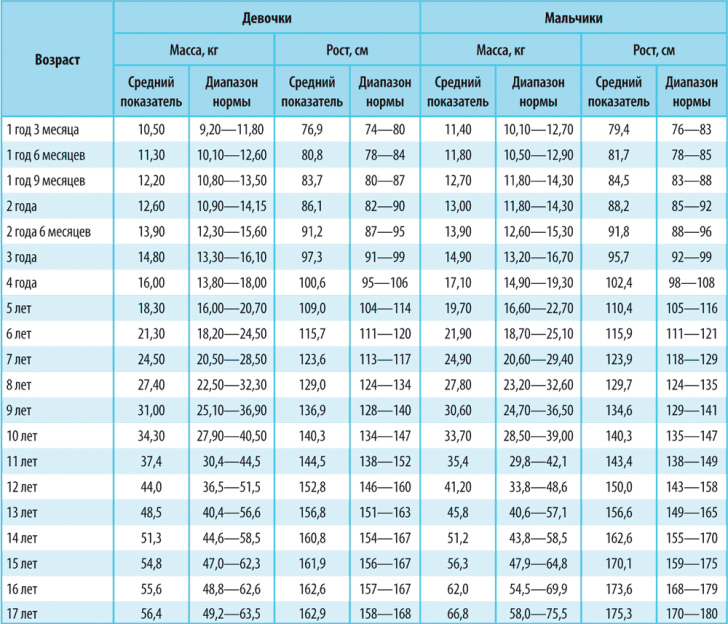
In diagnosed pathologies of the digestive system, a diet is prescribed to the child( according to the specific disease identified), which will have to be adhered to for a long time.In all diseases of the digestive tract, nutrition should be fractional, i.e., relatively frequent( 6 or more times a day) and in small portions.
Folk remedies for the normalization of appetite
 To increase your appetite, you can use folk recipes - decoctions and infusions of medicinal herbs.
To increase your appetite, you can use folk recipes - decoctions and infusions of medicinal herbs.
Note: , before giving your child phytopreparations, be sure to consult a pediatrician for contraindications and the likelihood of developing allergic reactions.
Recipe 1
2 tsp.Dry or fresh raspberries fill with 200 ml of boiled water and leave for 30 minutes.If you lose your appetite, the baby should be given 100 ml of infusion 4 times a day before meals.
Recipe 2
Pour 200 ml of water 2 tsp.Dry crushed dandelion root and insist 10-12 hours.Infusion should be taken on 50 ml 3-4 times a day for 30 minutes before meals.
Recipe 4
Brew 1 tsp.Dried herb bitter wormwood 200 ml of boiling water and leave for 30 minutes.Infusion should be taken for 1 tsp.For 15-20 minutes.Before meals three times a day.
Recipe 5
½ item.L.Dry flowers of cornflower pour a glass of boiled water, insist 15 minutes, cool and strain.With loss of appetite, infusion is recommended to drink 50 ml for 15-30 minutes.Before meals.
Recipe 6
½ tsp.Parsley seeds pour 200 ml of cold water, put on the fire and heat for half an hour, not bringing to a boil.Cool and strain the prepared infusion.The drug is recommended to give the child 1 tbsp.L.4-5 times a day before meals.
Recipe 7
Pour ¼ liter of boiling water 1 tsp.Crushed anise fruit and insist 30-40 minutes.Infusion should be drunk in 50 ml for 30 minutes.Before meals.
With loss of appetite, acupuncture therapy is indicated.One of the biologically active points is located on the outer side surface of the little finger of the hand near the nail.Before eating, it is recommended to massage the child this area for 20-30 seconds.With an average intensity of depression.
Chumachenko Olga, medical reviewer


